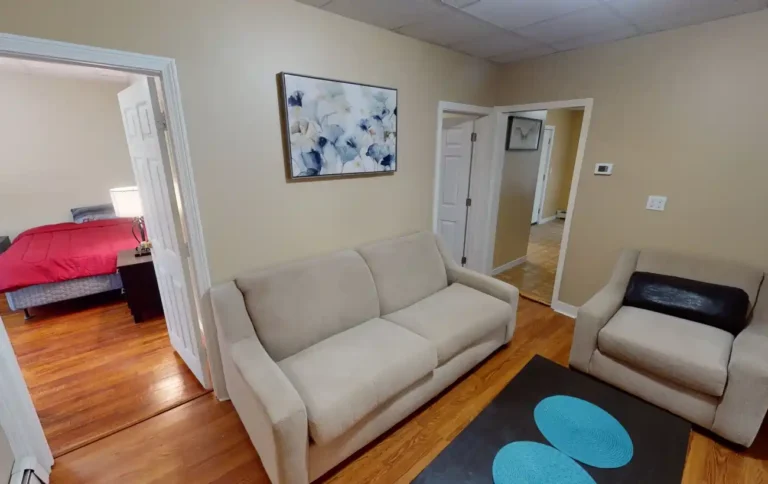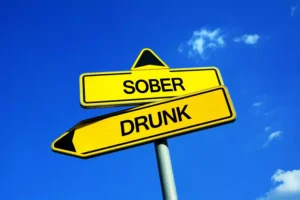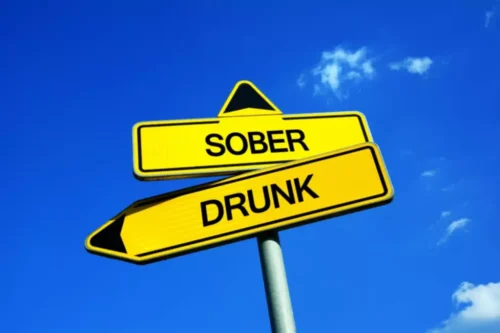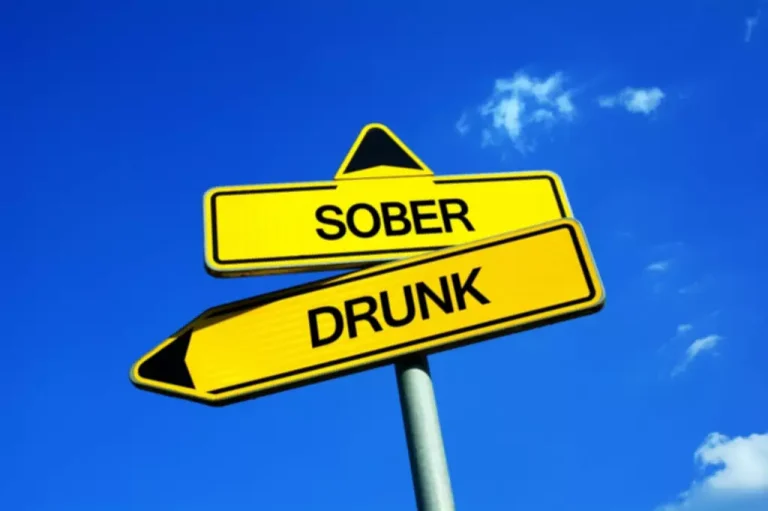
Early alcoholic neuropathy, usually presenting as sensory symptoms in the extremities, is reversible if the patient stops drinking and establishes proper nutrition. However, more alcohol neuropathy severe and prolonged cases may be irreversible, even with abstinence, and lead to lifelong impairment. The first step in treating alcoholic neuropathy is abstaining from alcohol, sometimes through rehab. Abstinence can prevent the progression and recurrence of neuropathy and, after a few months, improve symptoms in some people. However, vulnerability to neuropathy and its severity and speed of progression varies.
- These findings constitute direct evidence that spinal PKC plays a substantial role in the development and maintenance of an ethanol-dependent neuropathic pain-like state in rats.
- Women, continuous drinkers more so than episodic drinkers, and people with a family history of the disorder appear to be more vulnerable to alcoholic neuropathy and may develop more severe presentations.
- Peripheral neuropathy refers to damage or disease of the nerves that carry messages to and from the brain or spinal column and the rest of the body.
- Other areas of interest are developmental neurology and pediatric neurodegenerative diseases, neuromuscular diseases, child and adult epileptology, vertebrogenic diseases and headaches.
- The dataset generated and analyzed during the current study are available from the corresponding author on reasonable request.
Can hand numbness after drinking alcohol be treated?

If you’re struggling to control your drinking and worried about alcoholic neuropathy, help is available. If you’re experiencing alcoholic neuropathy symptoms, taking action now can prevent further damage. Recovery time depends on the severity of nerve damage and how quickly treatment begins. The most effective alcohol neuropathy treatment involves a combination of lifestyle changes, medical support, and symptom management strategies. The longer you have been drinking and the more alcohol you consume, the higher your risk of developing liver disease.
Antidepressants for the alleviation of neuropathic pain symptoms

The results of these studies currently provide limited support for the enthusiastic portrayals of cognitive enhancement. Attention deficit hyperactivity disorder (ADHD) is a treatable neurobehavioral disorder that is defined by persistent and maladaptive symptoms of hyperactivity/impulsivity and inattention (American Psychiatric Association 2000). ADHD is one of the most common psychiatric conditions of childhood (Wilens et al. 2002).
Vitamin E

Avoiding alcohol can help you regain your nutritional balance, relieve your symptoms, and stop additional nerve damage. Thus, treatment with TCAs may provide symptomatic relief in patients with alcoholic neuropathy. Therefore, topical application with capsaicin may provide symptomatic relief from neuropathic pain in patients suffering from alcoholic neuropathy.
- Currently, the clinic has achieved the role of centers of national importance in the field of extrapyramidal diseases, demyelinating diseases, myasthenia gravis and sleep and wakefulness disorders.
- Among college-aged individuals (ages 18–25), however, usage increased significantly from 3.6% in 2000 to 5.4% by 2006.
- Treatment with vitamin E was found to be beneficial in the treatment of patients with diabetic peripheral neuropathy 104 and neuropathic pain in streptozotocin-induced diabetic rats 105.
- Alcoholic neuropathy is progressive damage to peripheral nerves and, in extreme cases, the autonomic nervous system, through chronic, heavy alcohol use.
- Reach out to a Recovery Advocate today to begin the process of healing from alcoholism and neuropathy.
The US National Library of Medicine (NLM) warns that around 50 percent of long-term heavy drinkers will suffer from alcoholic neuropathy. We relied on reported alcohol consumption rather than objective blood alcohol concentration (BAC) measurements, making it unclear whether attending physicians referenced BAC in their assessments. The lack of BAC data also precluded an evaluation of potential dose–response effects, which could have provided further insight into alcohol’s impact on TBI outcomes.
Warning Signs For Alcoholic Neuropathy
Supplementation with benfotiamine significantly increased concentrations of TDP and total thiamine compared with supplementation with thiamine HCl 96. An 8 week, randomized, multicentre, placebo-controlled, double-blind study compared the effect of benfotiamine alone with a benfotiamine complex (Milgamma-N) or placebo in 84 alcoholic patients. Parameters measured included vibration perception in the great toe, ankle and tibia, neural pain intensity, motor function and paralysis, sensory function and overall neuropathy score and clinical assessment. Although benfotiamine therapy was superior to Milgamma-N or placebo for all parameters, results reached statistical significance only for motor Twelve-step program function, paralysis and overall neuropathy score.
